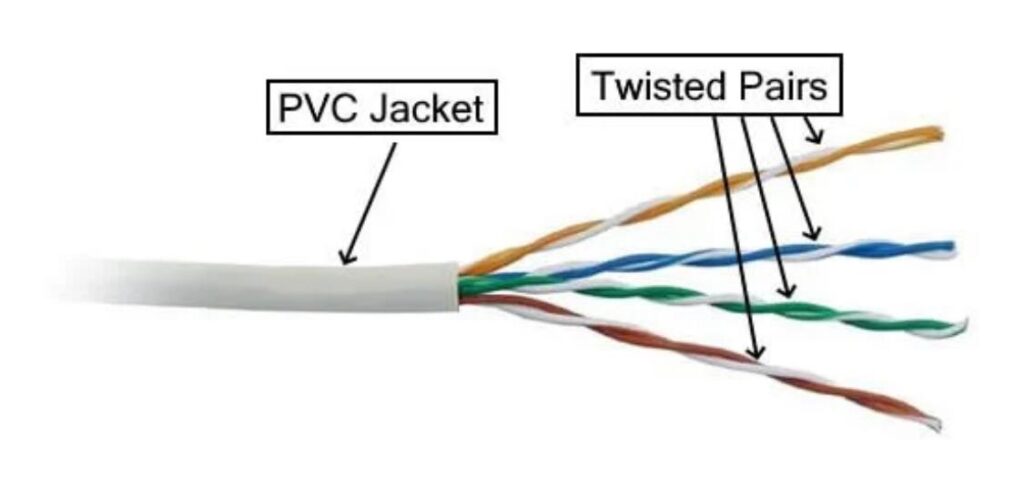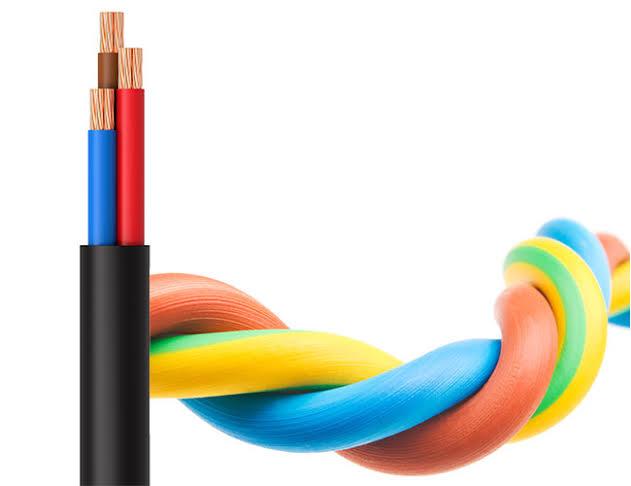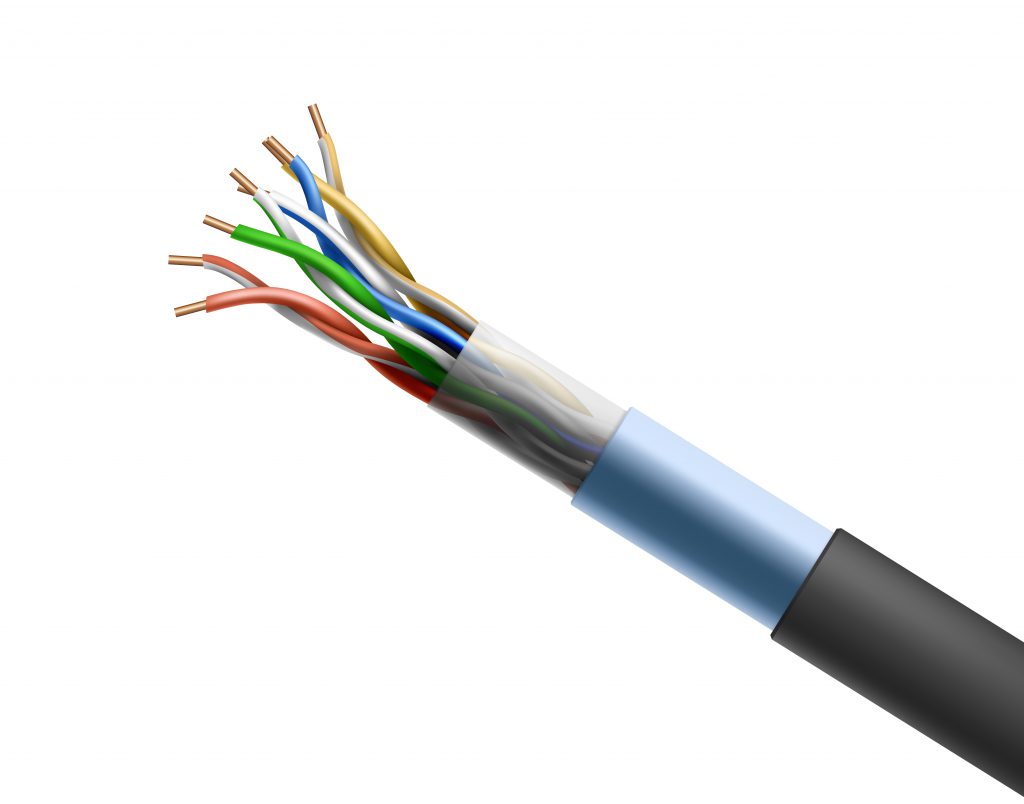Pair electric cables
Pair electric cables are cables that consist of two insulated wires twisted together. These cables are commonly used in telecommunication applications, such as telephone and internet cables. The twisting of the wires helps to reduce interference and crosstalk between the wires, which can improve the quality of the signal being transmitted. Pair electric cables are available in various sizes and types, including shielded and unshielded pairs. Shielded pairs have an additional layer of shielding to protect against electromagnetic interference. Unshielded pairs are less expensive and are typically used in applications where interference is not a concern. Pair electric cables are often used in combination with other cables to create multi-conductor cables that can carry multiple signals. The insulation material used in pair electric cables can vary, depending on the specific application and environmental conditions. Some common insulation materials include PVC, PE, and Teflon. Pair electric cables are a reliable and cost-effective solution for telecommunication applications where signal quality is important.




